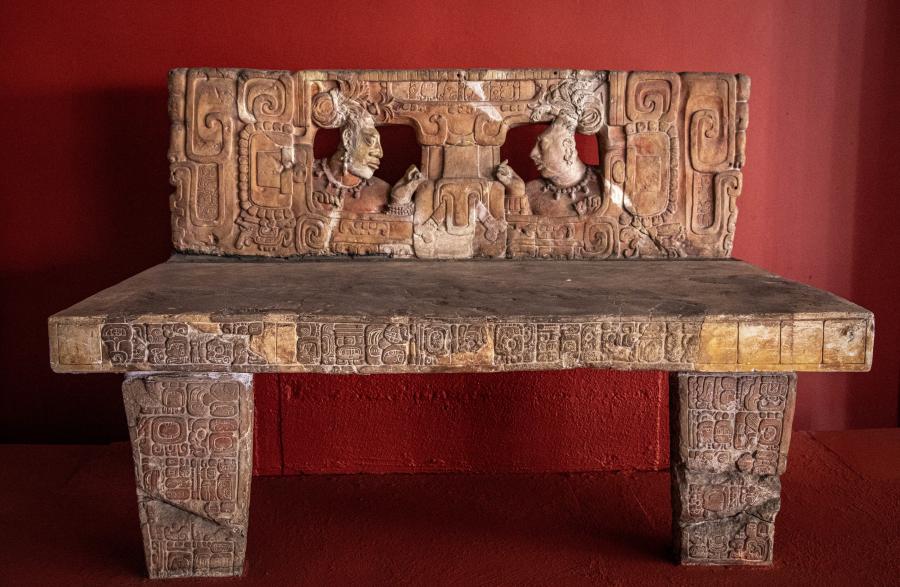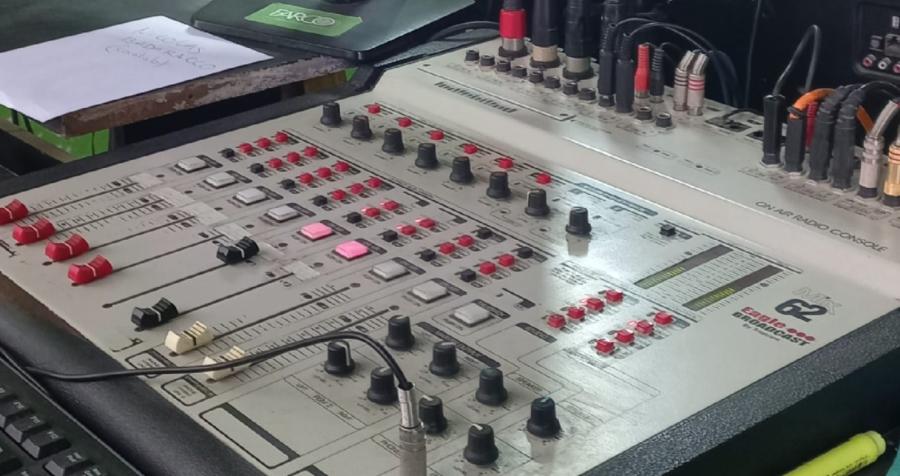On March 6, 2009, the New York Times reported that two prominent Kenyan human rights activists, Oscar Kamau Kingara and John Paul Oulu, were shot and killed at close range while their car was blocked in heavy traffic in Nairobi. What the Times didn’t report was that the two men were en route to a human rights meeting where they were to report on persistent Kenyan police brutality and impunity that victimizes the Indigenous Samburu among other Kenyans.
Less than two weeks before, the Kenyan government deployed hundreds of police from the Regular Police Force, District Administrative Police Force, and General Service Unit in a well-orchestrated surprise attack on several Samburu villages. Government helicopters swooped down on the communities’ cattle and goats, encircling them and firing into the herds to round them up. Police ground forces joined the attack, firing into the villages as people ran for cover. Police ransacked homes and randomly beat elders, women, and children. After the attack, police drove over 4,000 Samburu cows into the town of Archers Post, where they were impounded. They shot and killed three young Samburu men who tried to defend their community’s cows. Five young boys who were guarding the cattle in Naishamunyi disappeared and have never been seen again. Similar police attacks on Samburu villages have continued through January 2010.
Cultural Survival has closely monitored this deteriorating situation. In November we submitted a report to the United Nations Human Rights Council. We’ve engaged the Commonwealth Nations in the hope that they would put pressure on Kenya, and of course we are keeping the Obama administration apprised of these human rights violations as they occur. Our Global Response Program Director and an expert consultant traveled to Kenya in January, and we are now developing strategies in collaboration with Kenyan human rights organizations to bring an end to police occupation and impunity in Samburu. We invite all of you to visit our website and join in our letter writing campaign to put pressure on the Kenyan government.
Amidst this bad news, the good news is that because of the addition of the Global Response Program, Cultural Survival is in a position to send researchers to Indigenous communities to do first-hand investigations that can lead to even more effective advocacy. And we now have a large and growing list of volunteers who are willing to take part in our campaigns by writing letters and spreading the word.
All in all, 2009 was a banner year at Cultural Survival. Our Endangered Native American Languages program hosted a Language Summit at the National Museum of the American Indian in May, attended by more than 200 Native language advocates. Afterwards, participants paid visits to their members of Congress, who subsequently voted to quadruple this year’s federal funding for Native language revitalization from around $3 million to nearly $12 million!
Our Guatemala Radio Program is going international. We now have over 168 stations in Guatemala, but program director Mark Camp is spending this year in Guatemala to further increase the number of stations there and to explore expanding the network into neighboring countries.
If you haven’t visited our website lately, you are in for a treat. It’s brand new and richer than ever in content. It also looks great! Please check it out, and return often. It will keep you abreast of all of our work, contains every article we’ve ever published in the Cultural Survival Quarterly, and has a map showing the many and varied activities we have undertaken on behalf of Indigenous Peoples around the world over our 38 year history.
Cultural Survival’s work is your work—volunteers, subscribers, members, donors, libraries, foundations, shoppers at Cultural Survival Bazaars—you make it possible. In the great rush towards globalization and development, your generosity ensures that Indigenous Peoples, their cultures, their traditional knowledge, their spirituality and ways of life, and the environments in which they live, are not totally overlooked or overrun. We are enormously proud to be worthy of your support.
With our heartfelt thanks,
Ellen Lutz


